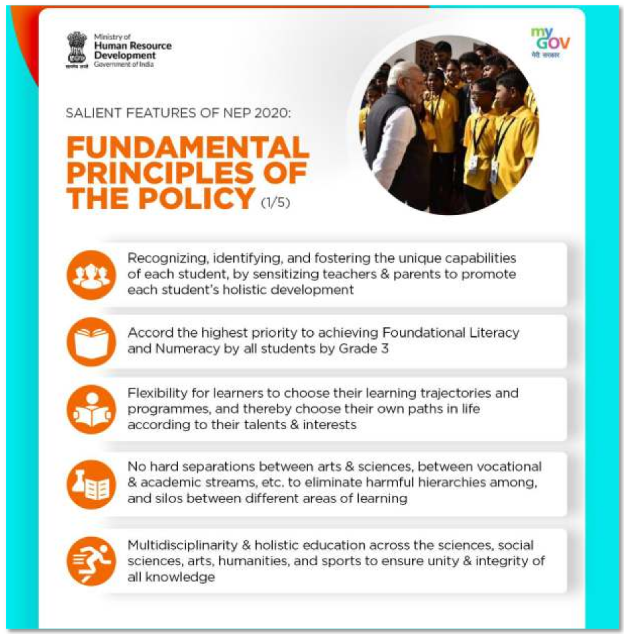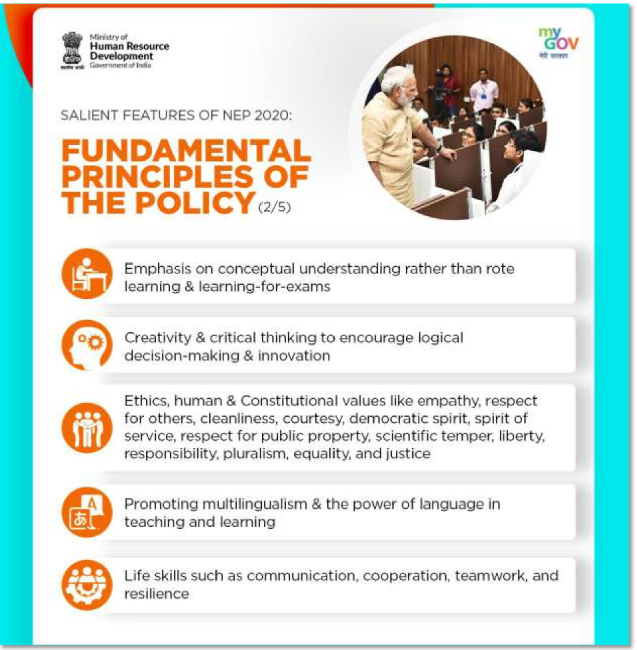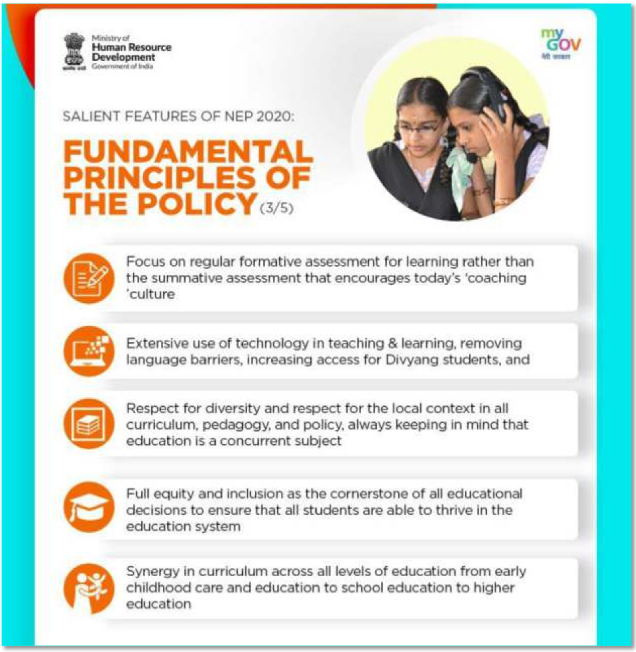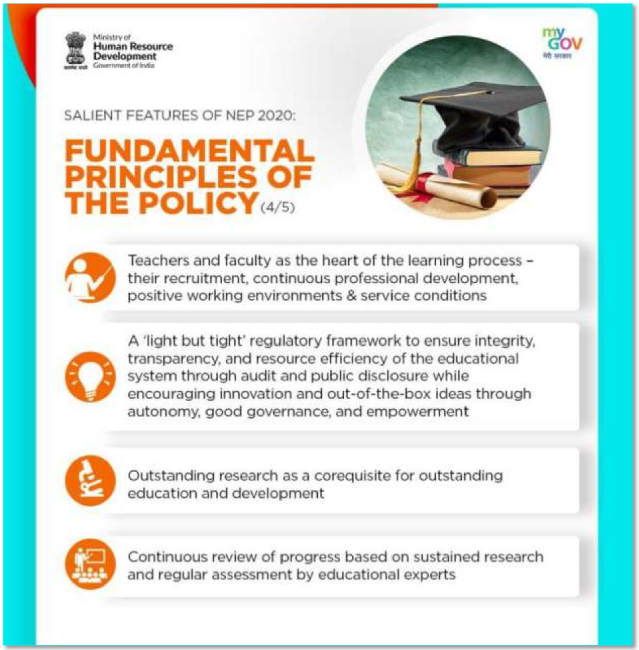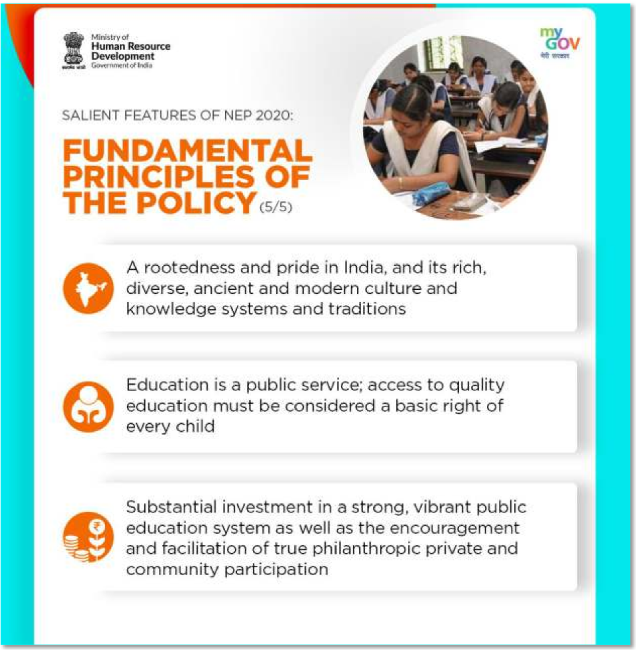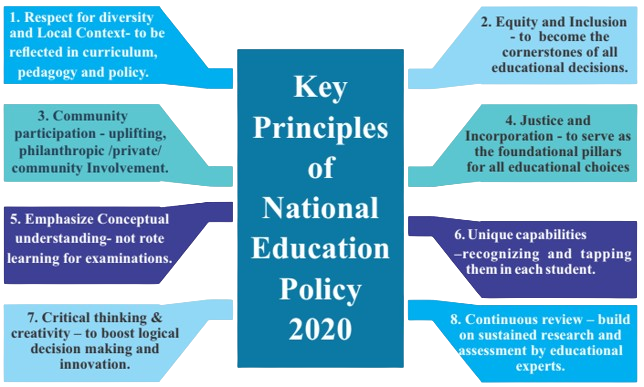
Our truest source of inspiration, Hon’ble Dr. Vishwanath D. Karad, the founding father of MIT Group of Institutions, is a renowned educationalist. Hon’ble Dr. Vishwanath D. Karad is admired for his exemplary work in the field of higher education, human rights, spiritual sciences and spiritual advice. He has driven the MIT Group of Institutions to reach out to over 50,000 students across 75 institutions & 4 Universities. A true visionary, Hon’ble Dr. Vishwanath D. Karad has initiated some of the most ground-breaking activities under the banner of MIT Group of Institutions. Some of his initiatives include the International Robocon, Shri Saint Dnyaneshwar World Peace Prize, enhancement of pilgrimage centres at Alandi, Dehu, Pandharpur, etc. His relentless efforts and valuable contribution towards Human Rights and Democracy have resulted in Maharashtra Institute of Technology, receiving a UNESCO chair in 1998 from UNESCO, Paris.
A staunch follower of Swami Vivekananda, Hon’ble Dr. Vishwanath D. Karad represented India in ‘Parliaments of World’s Religions’at the prestigious Salt Palace Convention, Salt Lake City, Utah (USA) in 2015. The convention was attended by over 10000 people, representing over 50 different faiths from over 80 Nations. Hon’ble Dr. Vishwanath D. Karad has also orchestrated a unique mission of establishing the world’s largest dome as“Philospher Saint Shri Dnyaneshwar World Peace Center & Library”, span across 160 feet in diameter and reaching 269 feet in height at the University campus. His vision ‘to build a nation of competent individuals’is at the heart of MIT-ADTUniversity. We aim at providing value-based education for academic excellence with various technical as well as cultural initiatives that fuel leadership qualities among our students.
Hon'ble Father & Founder Dr. Vishwanath D. Karad
Founder, MAEER’s MIT Group of Institutions, Pune
President, MIT Art, Design & Technology University, Pune, India

Dear Students,
As the Vice Chancellor of this esteemed University, I am thrilled to witness the dawn of this new era in education. The NEP 2020 is a visionary document that aims to revolutionize our education system and empower our students to become leaders of tomorrow. It marks a significant departure from the traditional approaches and sets forth a comprehensive framework to address the evolving needs of our dynamic society. At the heart of the NEP 2020 lies the focus on holistic development and the nurturing of creativity and critical thinking. The policy advocates a multidisciplinary approach that encourages students to explore diverse subjects and discover their true passions. This flexibility in curriculum design will enable learners to become well-rounded individuals capable of tackling complex challenges in their chosen fields.
One of the key aspects of the NEP 2020 is the emphasis on research and innovation. As a research-intensive University, we are committed to fostering an environment that encourages curiosity and pushes the boundaries of knowledge. The policy's provisions for greater research funding and collaboration opportunities will undoubtedly fuel our pursuit of excellence. Furthermore, the NEP2020 envisions an inclusive education system that caters to the needs of all learners, regardless of their background or abilities. We are dedicated to creating a welcoming and supportive campus where every individual can thrive and fulfill their potential. Through inclusive practices, we aim to build a diverse community that celebrates differences and cherishes the rich tapestry of human experiences.
As we embark on this transformative journey, I call upon all students of our University to actively participate in the implementation of the NEP 2020. Our collective efforts will be instrumental in shaping the future of education. Let us embrace this historic moment with optimism and determination. Together, we can create an educational ecosystem that inspires, empowers, and propels us towards a brighter future.
Prof Dr. Mangesh T. Karad
Executive President & Vice Chancellor
MIT Art Design and Technology University, Pune
Email: vicechancellor@mituniversity.edu.in





